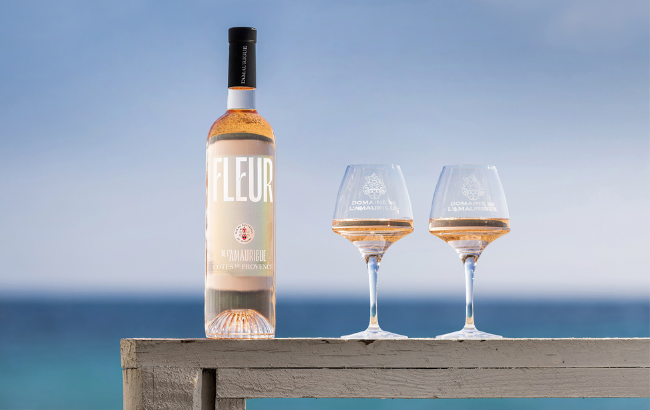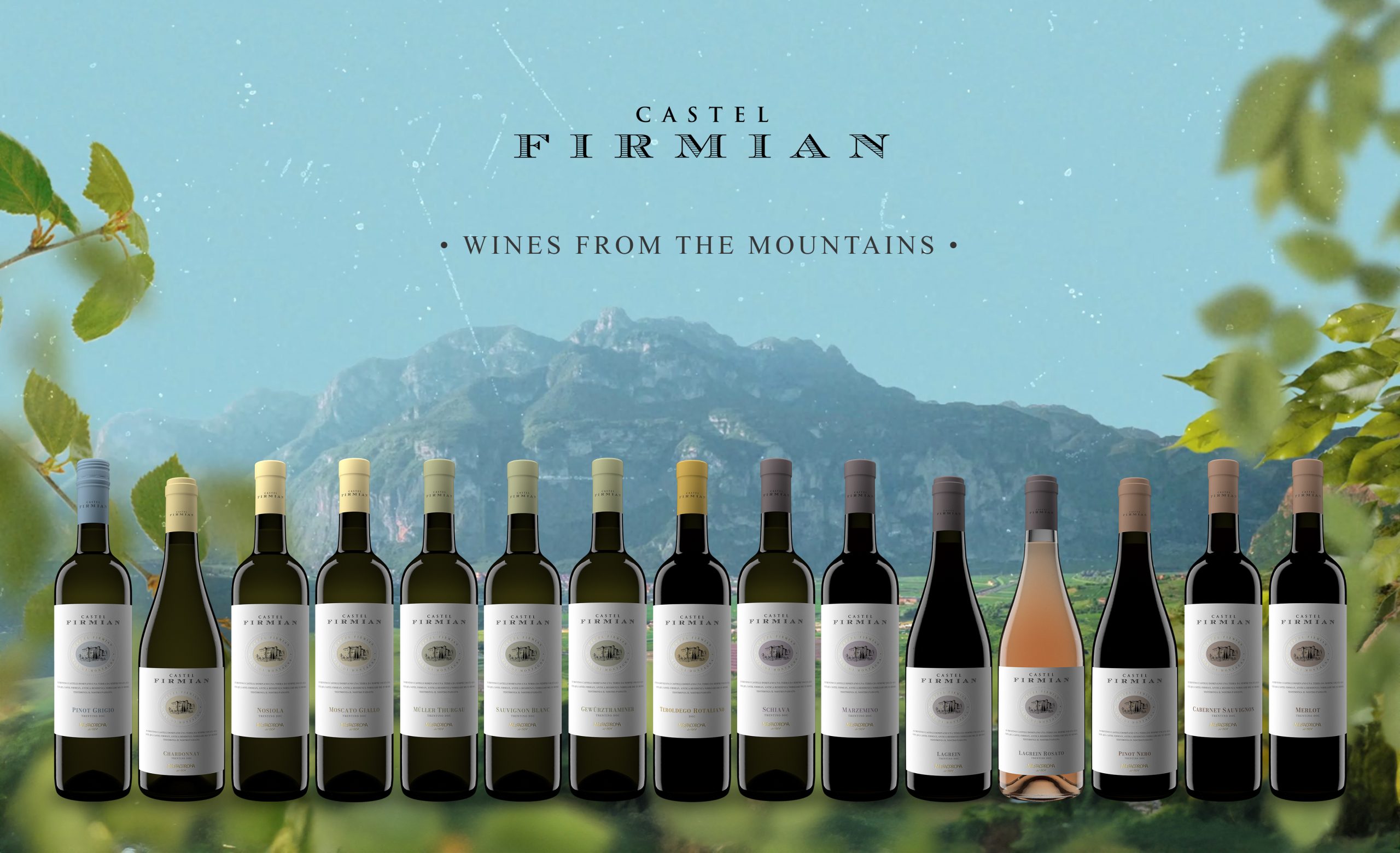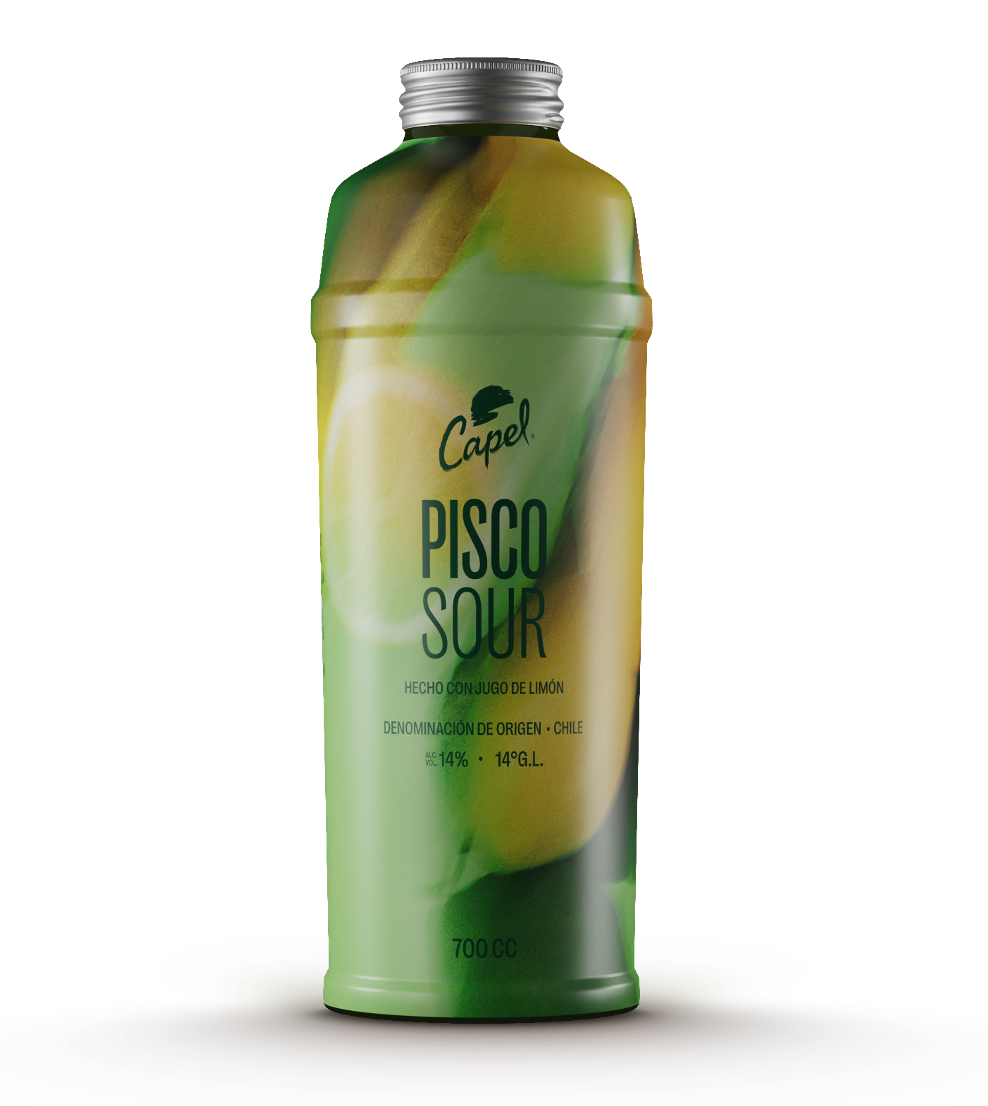Top 10 trends in UK retail (10-6)
We take the temperature of the nation’s wine retail sector, and find 10 trends making the biggest impact on the industry.
Over the following pages, we count down the key themes affecting wine sales in the UK off-trade, starting with number 10. We’ll be bringing readers the final five tomorrow.
The UK wine market at a glance (Nielsen data):
• Value of the UK off-trade: 5.3 billion
• Average 75cl bottle price: £4.89
• Supermarkets’ value share of the market: 81%; impulse share of the market: 19%; independents’ share of the market: 3%
• Own-label wines’ value share of the market: 20%
• Online value share of the market: 10%
• Value of the online wine retail market: £1.3 billion
10. STATE OF INDEPENDENTS
The independents have fared worse than the supermarkets this year, with value sales down 2% on last year, though the current trend for trading up offers a glimmer of hope.
For Jamie Hutchinson, co-owner of independent London merchant The Sampler, sales are running slightly ahead of last year: “We’re holding up reasonably well. Bordeaux is not doing well at all, but Burgundy is flying,” he says.
Innovative thinking is helping some merchants stay ahead, with Enomatic machines and tutored tastings both driving sales.
The number of independent merchants has risen from 500 to 700 in the last four years, but despite this, consolidation within the sector is prevalent. One of the biggest recent moves saw Scottish independent merchant Inverarity Vaults sold to WM Morton last summer, becoming Inverarity Morton. The company has since embarked on a £400,000 expansion drive set to include acquisitions in Manchester and the Lake District.
Haynes Hanson & Clark meanwhile snapped up Norfolk-based Edward Parker Wines this June, to add to its existing retail outlets in London and Gloucestershire. A recent casualty of the UK high street is off-licence and restaurant Artisan & Vine in Battersea, which was forced to close in February due to a lack of demand for natural wines.
Founder Kathryn O’Mara said that sticking to her principles cost her the business. She also cited reduced consumer spend combined with a neighbourhood location as having contributed to the closure. “Artisan wines and food simply couldn’t compete on cost with their mass-produced and chemically manipulated counterparts,” she said.
9. ODDBINS AND WINE RACK RESURRECTIONS
In a bid to hold its own in an ever-competitive marketplace, the newly resurrected and scaled down 37-store Oddbins relaunched its website in March. “E-commerce is an extremely important part of the new Oddbins going forward,” confirmed managing director Ayo Akintola.
The revamped site incorporates the idea of “mood and wine matching”, where customers can select wines according to their mood. The site features suggested wine pairings for times of passion, contemplation and even adversity, along with wines suited to staying in, going out or celebrating.
This May, the retailer also created a wine guide for the London mayoral election, pairing a different wine to each of the seven candidates.
The design and content of the new website is in keeping with the Oddbins philosophy of making wine as accessible as possible for consumers,” says managing director Ayo Akintola.
The recently revived Wine Rack has largely remained out of the glare of the press over the past year.
Of the 20 remaining stores, the Maida Vale branch recently received a 6/10 rating from TV retail expert and high street tsar Mary Portas in her weekly column in The Daily Telegraph. Usually a Majestic customer, she took exception to the company chairman Phil Wrigley’s comments that traditional high street model is “almost completely moribund and irrelevant to the needs of shoppers,” and decided to give Wine Rack a look-in.
On her visit, Portas said she found a wider choice of wine than she was expecting, and was pleasantly surprised by the shop’s competitive prices. However Portas lowered the score for what was perceived as the store’s “naff, cut-price image”, one which she urged the company to shift.
8. MAJESTIC GROWTH
One major UK wine retailer that seems to be showing no signs of slowing is Majestic, which posted a 15% rise in full year pre-tax profits this June to £23.2m, with like-for-like sales up 2.6% in the year to April 2012.
Customer numbers are also up 11% to 568,000, while average spend per transaction has grown by £2 to £128.
Partner Content
Things are looking rosy for CEO Steve Lewis and his team.
In a bid to boost online sales, Majestic recently lowered its minimum order from 12 bottles to six – a move Lewis hopes will impact favorably on future sales. Internet sales are up 8% on last year, and now account for 10% of the company’s total sales, highlighting that the majority of Majestic customers still prefer to buy their wine in store rather than online.
“Majestic has a clearly differentiated operating model, with a focus on delivering exceptional customer service that has proved resilient in a challenging economic environment,” said Lewis, who openly acknowledged that the market is very tough. He recently told the drinks business that the company had to “work hard” to achieve its enviable profit growth.
Lewis asserted, however, that if you give consumers a real reason to spend, then there is no reason why they should trade down.
As the Olympics played out, Lewis crossed his fingers for sunshine and gold medals. “If the conditions are right, the UK consumer knows how to party,” he said.
7. FINE WINE FORTUNES
It’s been a mixed bag for fine wine this year.
While shop sales of wine over £10 grew by a third in volume this year, the 2011 Bordeaux en primeur campaign has been a damp squib, with Max Lalondrelle, fine wine buying director of Berry Bros & Rudd dubbing it the “worst campaign in recent memory.”
Inappropriate pricing has led to very little consumer interest, leaving merchants struggling to shift their stock. With the 2009 vintage, BBR made £115m in sales. While a target of £30m was set for this year, Lalondrelle admitted he would be “happy if [we] make £15m.”
Similarly, Farr Vintners made £88m turnover to date off the back of the 2009 campaign and just £8.3m so far from 2011. “People don’t buy big three years in a row,” sayid chairman Stephen Browett.
As a result, merchants are diversifying their offerings and consumers are doing the same with their buying habits, with fine Burgundy, particularly from the likes of DRC, de Vögué, Armand Rousseau and Dujac proving particularly popular, along with Super Tuscans Sassicaia and Ornellaia, and Guigal from the Rhône.
Champagne is also being seen as an increasingly attractive investment at the top end, with Krug, Dom Pérignon, Salon and Selosse topping investors’ wish lists. Despite the gloomy outlook, Majestic has seen strong growth in its fine wine sales, while fine wine is one of Tesco’s strongest growth areas, with the company now listing over 400 fine wines on its website.
Last month, the drinks business broke the news that Tesco is to sell Bordeaux first growths Château Lafite and Château Mouton-Rothschild online as part of a new fine wine offering, starting with the much- auded 2009 vintage. Dan Jago insisted he had good quantities of the wines and that the duty paid prices will be “very competitive”.
6. OVERSEAS EXPANSION
A number of key UK retailers are continuing to expand abroad.
Having recently exited Japan, Tesco now operates in 13 countries, including the US, China, Korea, Poland and the Czech Republic.
“Sourcing wine from all over the world to sell in our stores across the world is becoming an increasingly important part of my remit,” said BWS director Dan Jago. “Tesco is a market leader as a retailer in Korea.”
However he pointed out that the Chinese still show a preference for domestic wines.
Fine wine merchants are also looking East: Bordeaux Index recently opened an office in Shanghai, to add to its Beijing, Hong Kong and Singapore outlets.
Meanwhile, Berry Bros & Rudd, keen to capitalise on potential business from Indonesia and Malaysia, has opened an office in Singapore to complement its operations in Hong Kong and Japan. It is a bid to target well-travelled business people that have a taste for fine wine, but are currently not well-served in their country.
Majestic’s trio of French stores grew their full-year pre-tax profits by £400,000 to £1.4m this year. Online-only wine retailer Slurp moved east in November 2010 with Hong Kong- based Slurp.asia, and this April, CEO Jeremy Howard announced the company was to launch Slurpvin in France, focusing on wines outside Europe, with sites for Belgium, Holland and Germany to follow later in the year.
Expansion abroad is also high on the priority list for Direct Wines. Operating in the US, Germany, Poland, and Switzerland, the company has recently expanded into Hong Kong, India and Australia with positive results.





The supermarkets have become so dominant. Its so hard to be an independent with the buying power of a Tesco or Aldi.
I really love this business, good money, good business, good relationship, good quality, and good for every body